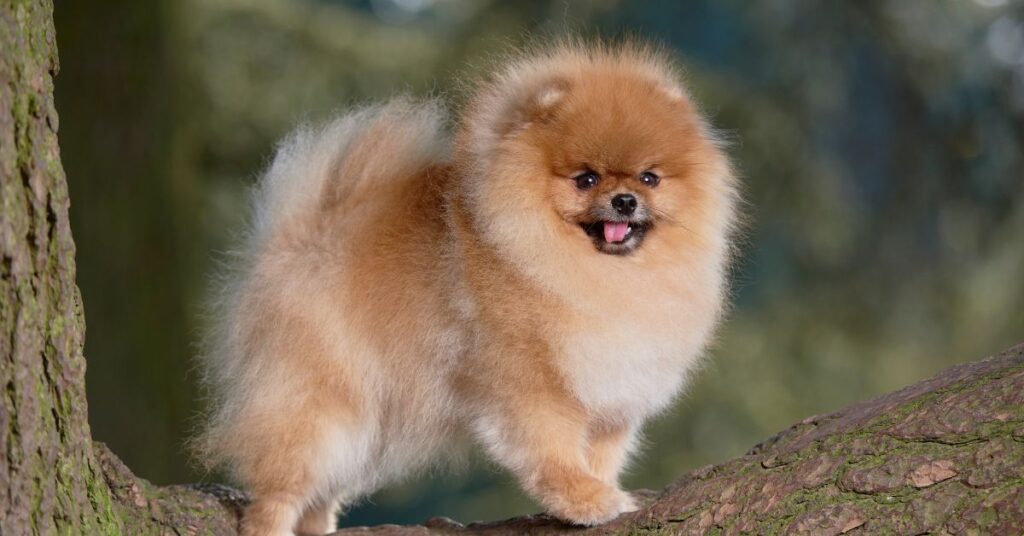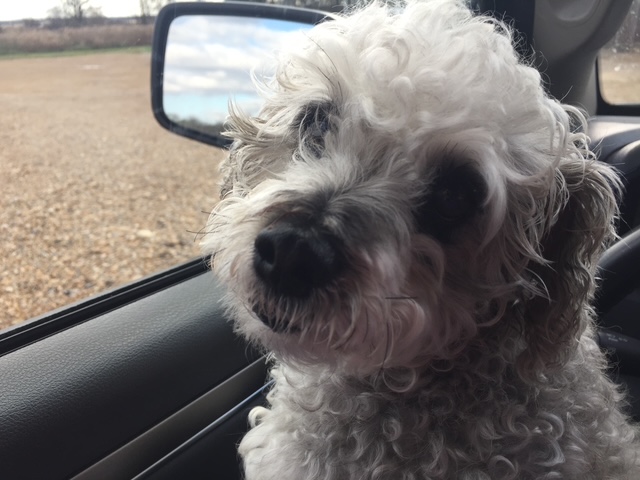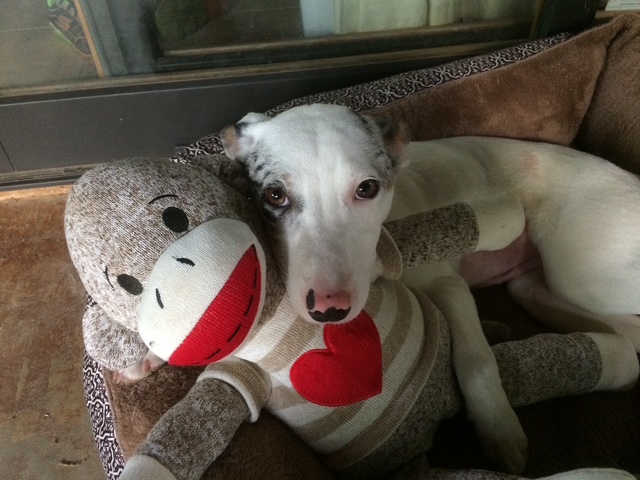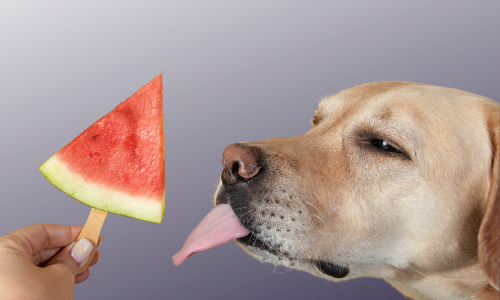The Pomeranian is a small, fluffy dog known for its bold personality and lively spirit. Despite its small size, the Pomeranian is a confident and outgoing breed that makes an excellent companion for those who enjoy an energetic and affectionate dog.
*Disclaimer: This Post May Contain Affiliate Links. This Means That I Receive A Small Commission At No Extra Cost To You Should You Click Through And Make A Purchase. Learn More On My Policy Page
Breed Characteristics
- Breed Category: Toy Group
- Size: Small
- Coat Length: Long, double coat
- Shedding: High
- Hypoallergenic: No
- Grooming Requirements: High; regular brushing needed
- Life Span: 12-16 years
- Activity Level: Moderate
- Temperament/Personality: Lively, bold, affectionate
- Intelligence: High
- Trainability: Moderate; can be stubborn
- Space Requirement: Small; suitable for apartments
- Compatibility with Children & Other Pets: Good, with proper socialization
- Health Issues: Prone to dental issues and patellar luxation
- Nutrition Needs: High-quality diet with balanced nutrients
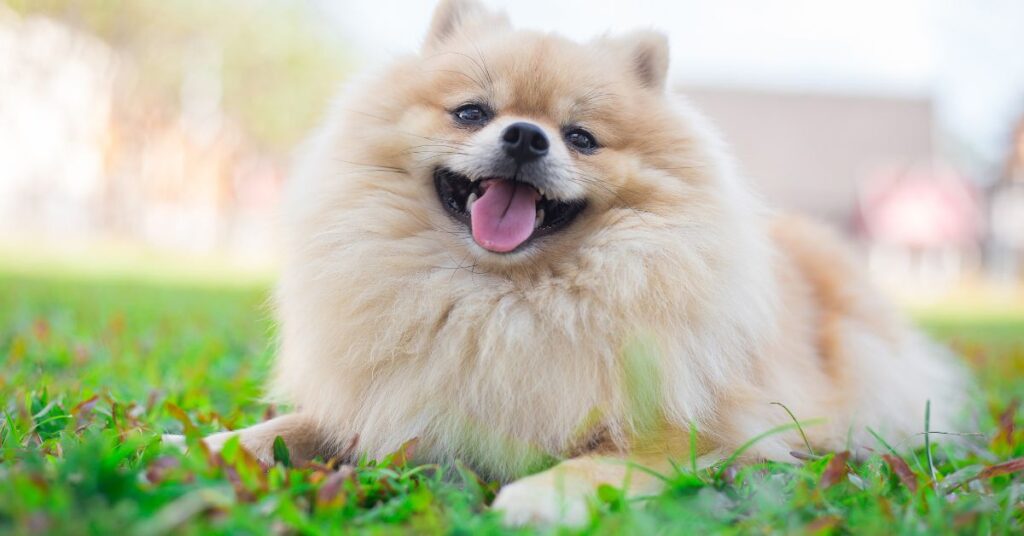
Origin and History
The Pomeranian originated from the Pomerania region in present-day Germany and Poland. This breed is a descendant of larger Spitz-type dogs, which were used for herding and sledding. The Pomeranian was bred down to a smaller size in the 19th century, and it quickly became a favorite among European royalty, including Queen Victoria. The breed’s popularity spread, and today, the Pomeranian is known for its vibrant personality and striking appearance.
Appearance and Physical Characteristics
Pomeranians are small dogs, standing about 6 to 7 inches tall and weighing between 3 to 7 pounds. They have a thick, double coat that gives them a fluffy and voluminous appearance. The breed comes in various colors, including orange, black, white, blue, and cream. Pomeranians have a fox-like face with small, erect ears and a curled tail that lies over their back. Their expressive eyes and lively demeanor contribute to their charming appearance.
Temperament and Personality
Pomeranians are known for their bold and lively nature. They are highly affectionate and enjoy being the center of attention. Despite their small size, they are confident and often exhibit a “big dog” attitude. Pomeranians are alert and curious, making them excellent watchdogs. They are also playful and enjoy interactive games with their owners.
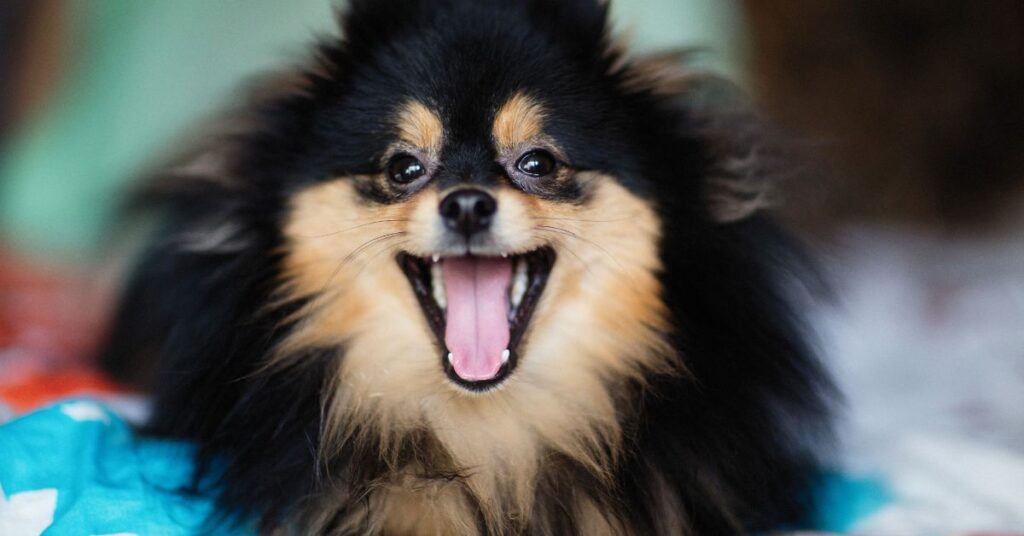
Intelligence and Trainability
The Pomeranian is a highly intelligent breed, but they can be independent and stubborn at times. Early training and socialization are essential to ensure they develop good behavior and social skills. Positive reinforcement techniques work best, as Pomeranians respond well to praise and rewards. With consistent training, they can learn various commands and tricks.
Compatibility with Children and Other Pets
Pomeranians can get along well with children and other pets, especially when properly socialized from a young age. Due to their small size, interactions with young children should be supervised to prevent accidental injury. Pomeranians are generally friendly with other dogs, but they may be wary of larger breeds. Early socialization helps ensure they interact well with different animals and people.
Health and Nutrition
Pomeranians are generally a healthy breed but can be prone to certain health issues, such as dental problems, patellar luxation, and tracheal collapse. Regular veterinary check-ups, a balanced diet, and proper exercise are essential for maintaining their health. A high-quality diet that supports their small size and active lifestyle is recommended. Owners should be mindful of portion sizes and feeding schedules to prevent obesity.
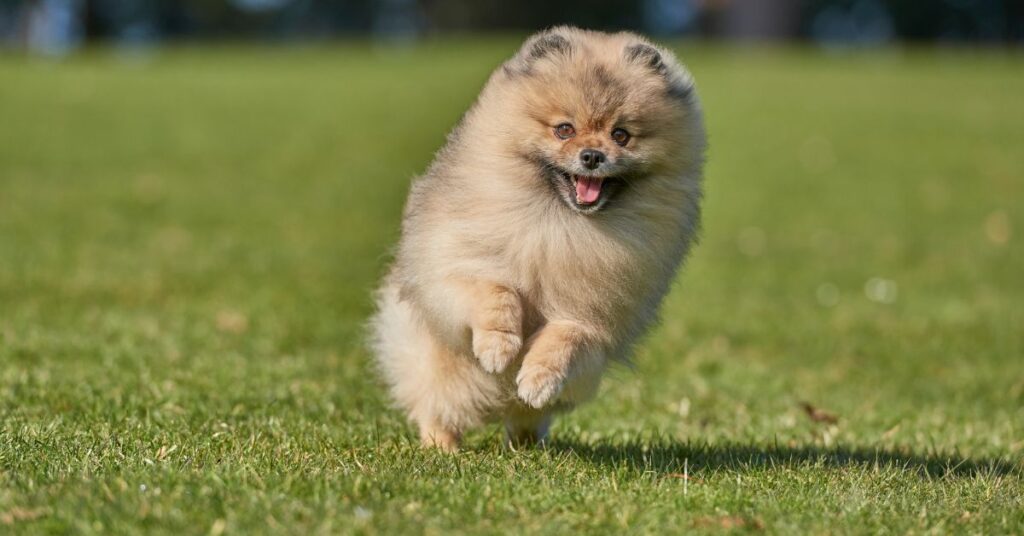
Exercise and Activity Level
Pomeranians have moderate energy levels and require regular exercise to stay healthy and happy. They enjoy short walks, playtime, and interactive games with their owners. Despite their small size, they are lively and enjoy being active. The breed can adapt to apartment living but benefits from regular mental and physical stimulation.
Grooming Needs
Grooming for Pomeranians is essential due to their long, thick coat. Regular brushing is needed to prevent matting and keep the coat healthy. Bathing should be done as needed, and routine grooming tasks such as dental care, ear cleaning, and nail trimming are important for overall health. The breed’s coat requires more maintenance than some other breeds, but it is manageable with regular care.
Training and Socialization
Early training and socialization are crucial for Pomeranians. Positive reinforcement techniques work best, as they are sensitive to harsh training methods. Socializing them with various people, environments, and other animals helps them develop into well-rounded and confident adults. The breed’s intelligence and eagerness to learn make them quick learners.
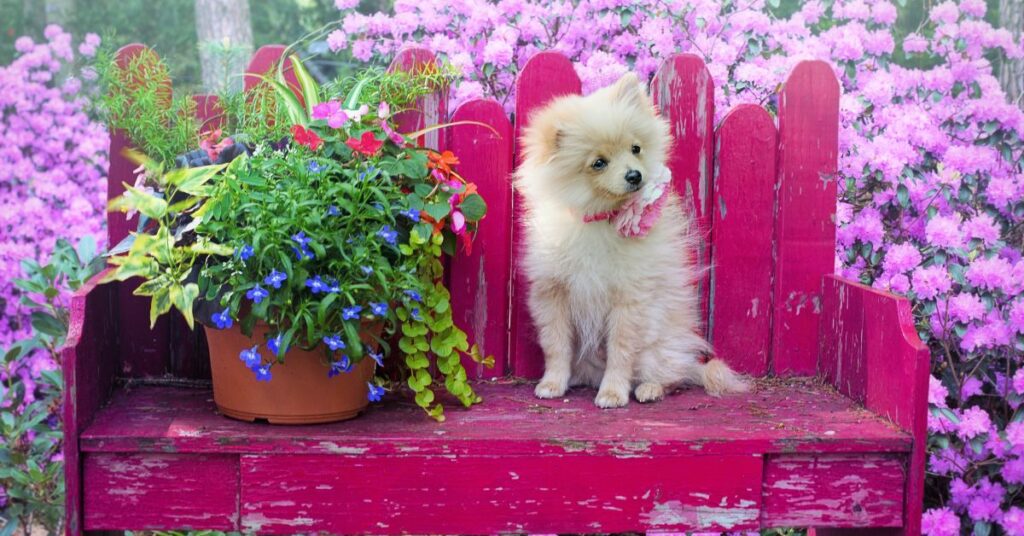
Famous Pomeranians
Pomeranians have been popular among celebrities and royalty for centuries. Queen Victoria’s Pomeranian, Marco, is one of the most famous, having influenced the breed’s popularity in the 19th century. The breed has also been featured in various movies and TV shows.
Conclusion
The Pomeranian is a lively, bold, and affectionate breed that makes an excellent companion for those who enjoy an energetic and affectionate dog. With proper training, socialization, and care, a Pomeranian can be a devoted and lively member of the family.


